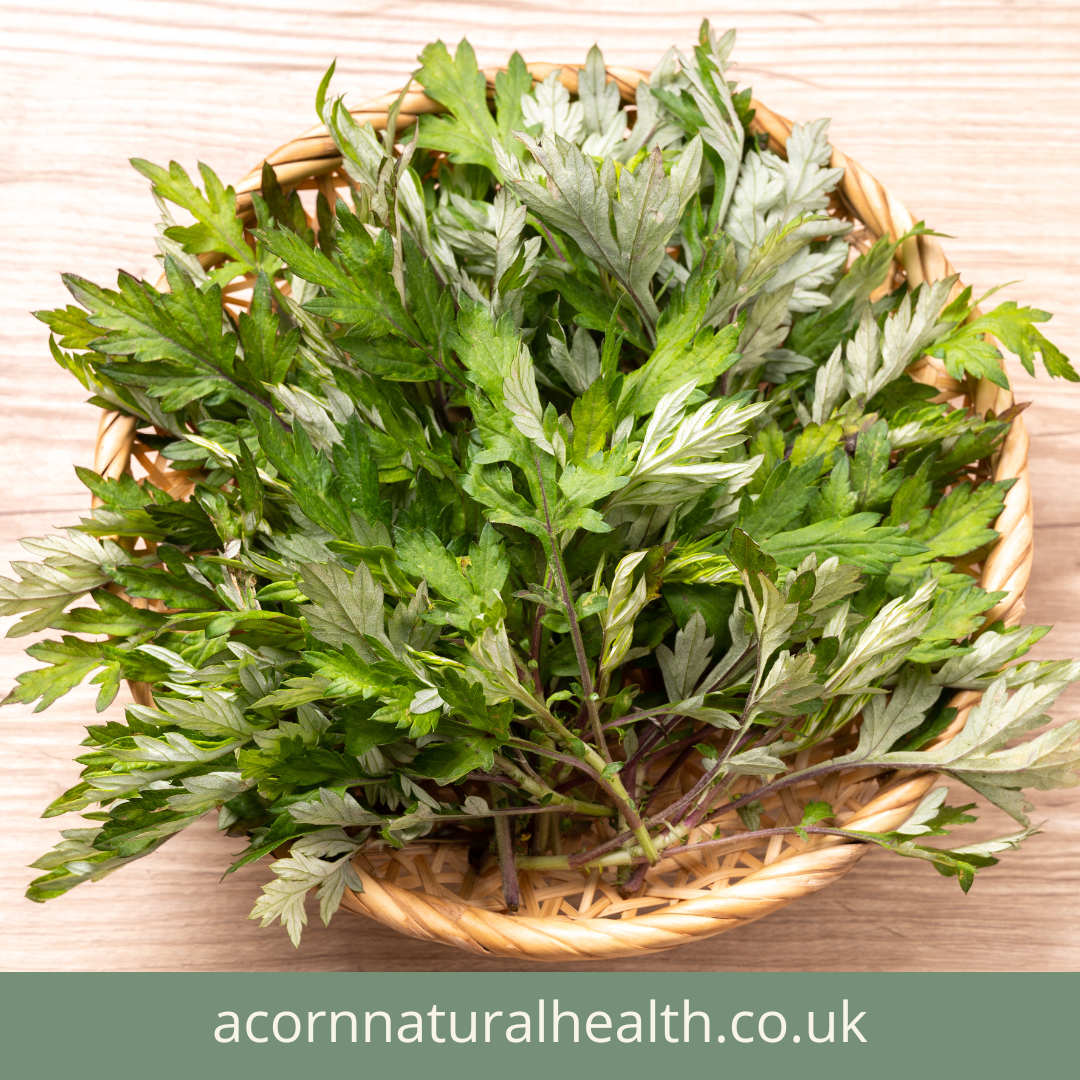Nutritional therapy stands at the intersection of ancient wisdom and modern science, offering a holistic approach to health and well-being. Rooted in the belief that food is medicine, this practice harnesses the power of nutrition to support and optimize bodily functions, aiming to prevent and alleviate health imbalances.

Origins and History
Nutritional therapy finds its roots in traditional healing systems that have recognized the profound impact of diet on health for centuries. Ancient civilizations, from Ayurveda in India to Traditional Chinese Medicine, emphasized the importance of balanced nutrition for overall well-being. In the West, pioneers like Hippocrates, often referred to as the father of medicine, famously stated, “Let food be thy medicine and medicine be thy food.” 🍎🌿
Applications and Approach
Today, nutritional therapy integrates these ancient insights with modern nutritional science and personalized medicine. Practitioners assess an individual’s dietary intake, lifestyle factors, and health history to develop customized nutrition plans. These plans are designed to address specific health concerns, optimize nutrient intake, and support the body’s innate healing mechanisms. 💡🍽️
Nutritional therapists consider not only the nutritional content of food but also how factors such as food sensitivities, gut health, and metabolic function influence overall health. They may incorporate therapeutic diets, targeted nutrient supplementation, and lifestyle modifications to achieve optimal health outcomes. 🥗✨
Benefits and Outcomes
The benefits of nutritional therapy are diverse and individualized, depending on the unique needs of each client. Common outcomes reported include:
– Improved digestion and nutrient absorption 🍽️🌿
– Enhanced energy levels and vitality ⚡️💪
– Weight management and metabolic support 🏋️♂️🍏
– Balanced mood and mental clarity 😌🧠
– Support for chronic conditions such as diabetes, cardiovascular disease, and autoimmune disorders 🩺💚
– Enhanced immune function and resilience to illness 🛡️💪
Nutritional therapy offers a holistic framework for promoting health and well-being through personalized nutrition guidance. By recognizing the interconnectedness of diet, lifestyle, and health outcomes, this approach empowers individuals to take an active role in optimizing their health and vitality. 🌿💫


